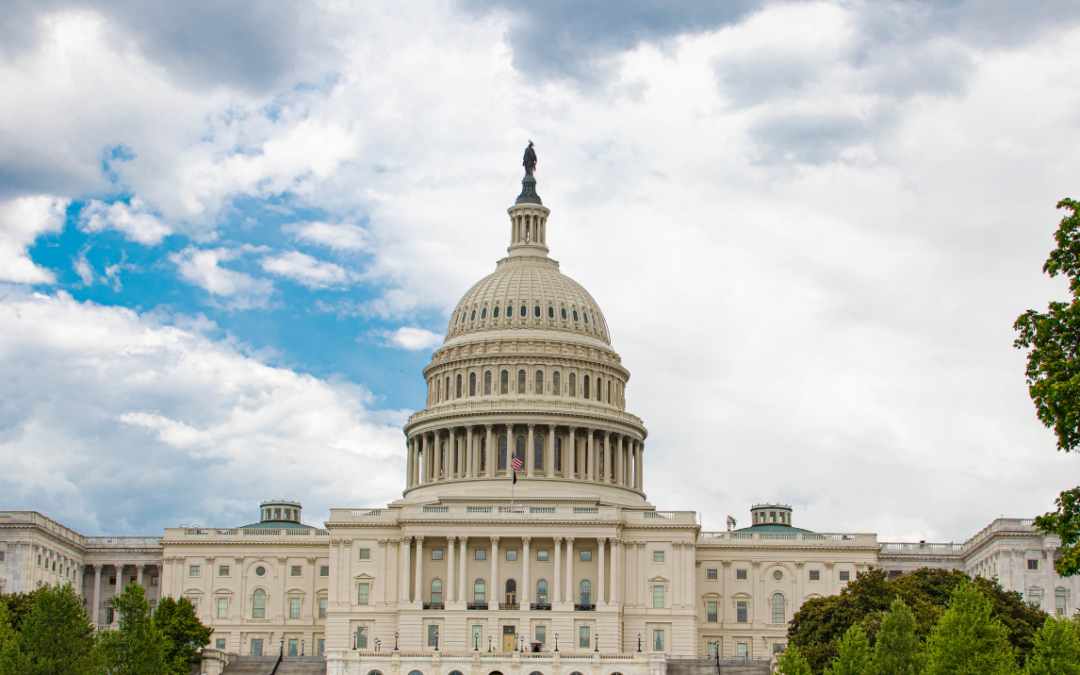Introduction
In this five-part mini-series, we delve into the Singapore Personal Data Protection Act (PDPA). In the first article, we examine the Personal Data Protection Commission (PDPC) and its pivotal role as the authority enforcing Singapore’s data privacy law.
The Personal Data Protection Commission (PDPC) Singapore serves as the central authority for enforcing the nation’s data protection laws. Established under the Personal Data Protection Act (PDPA), the PDPC oversees organisations’ compliance with data privacy standards. Its role is pivotal in safeguarding individuals’ personal data and ensuring businesses operate responsibly in the digital economy.
In this article, we explore the PDPC’s role, the importance of appointing an experienced Data Protection Officer (DPO), and the challenges of internal appointments that may lead to conflicts of interest.
The Role of the PDPC Singapore
The Personal Data Protection Commission Singapore is responsible for ensuring that organisations adhere to the PDPA. It investigates breaches, imposes penalties, and provides guidelines for compliance. Beyond enforcement, the PDPC educates businesses about best practices for managing personal data.
The PDPC also maintains a public register of compliance failures. Non-compliant organisations face financial penalties and reputational harm when their cases are published. This public disclosure drives accountability and encourages businesses to prioritise data protection.
Why an Experienced Data Protection Officer Matters
Under the PDPA, organisations must appoint a DPO to oversee data protection policies. The DPO ensures compliance with the PDPA and handles queries from the PDPC or individuals. A qualified DPO plays a crucial role in safeguarding an organisation from non-compliance risks.
An outsourced DPO service offers the expertise and impartiality many organisations lack internally. External professionals have global experience and can navigate the complexities of compliance efficiently. This is particularly valuable for small or resource-constrained businesses.
An experienced DPO can also identify potential vulnerabilities and implement proactive measures. For instance, they can ensure that data breach response plans align with PDPC guidelines. Without proper guidance, organisations risk regulatory fines or even operational disruptions.
The Risk of Conflict of Interest in Internal Appointments
Many organisations appoint an internal DPO, often assigning the role to existing staff. However, this can lead to conflicts of interest, undermining the integrity of data protection efforts.
A conflict of interest arises when a DPO’s responsibilities overlap with other business functions. For example, appointing someone from IT or marketing might compromise the DPO’s ability to act independently. These departments often manage or leverage personal data, creating a conflict between compliance enforcement and operational goals.
The PDPC emphasises the need for impartiality in the DPO role. An outsourced DPO service eliminates these risks. External DPOs provide unbiased oversight, ensuring data protection is prioritised without internal pressures or competing interests.
The PDPC’s Fines and Penalties: A Warning for Non-Compliance
The PDPC has the authority to impose significant fines for non-compliance. For instance, penalties can reach up to S$1 million for breaches. Organisations that fail to appoint a competent DPO or neglect their PDPA obligations risk severe consequences.
The PDPC also publishes non-compliance cases, highlighting the consequences of poor data protection practices. This public scrutiny can damage brand reputation, eroding customer trust. By appointing an experienced or outsourced DPO, organisations can avoid these pitfalls and demonstrate accountability.
How an Outsourced DPO Service Can Help
An outsourced DPO service is an effective solution for organisations aiming to meet PDPC standards without internal conflicts. These services provide expert guidance, regular audits, and tailored advice to maintain compliance.
Outsourced DPOs are familiar with global data protection frameworks and can align an organisation’s practices with international standards. They ensure that policies are not only compliant with the PDPA but also adaptable to evolving regulations.
Conclusion
The Personal Data Protection Commission Singapore plays a critical role in upholding data protection standards. To comply with the Singapore Personal Data Protection Act, organisations need an experienced DPO who understands the complexities of the PDPA.
Avoiding conflicts of interest is essential for effective compliance. An outsourced DPO service offers impartiality, expertise, and a proven track record in safeguarding organisations from regulatory risks. By investing in robust data protection strategies, businesses can build trust, enhance their reputation, and thrive in Singapore’s digital economy.

